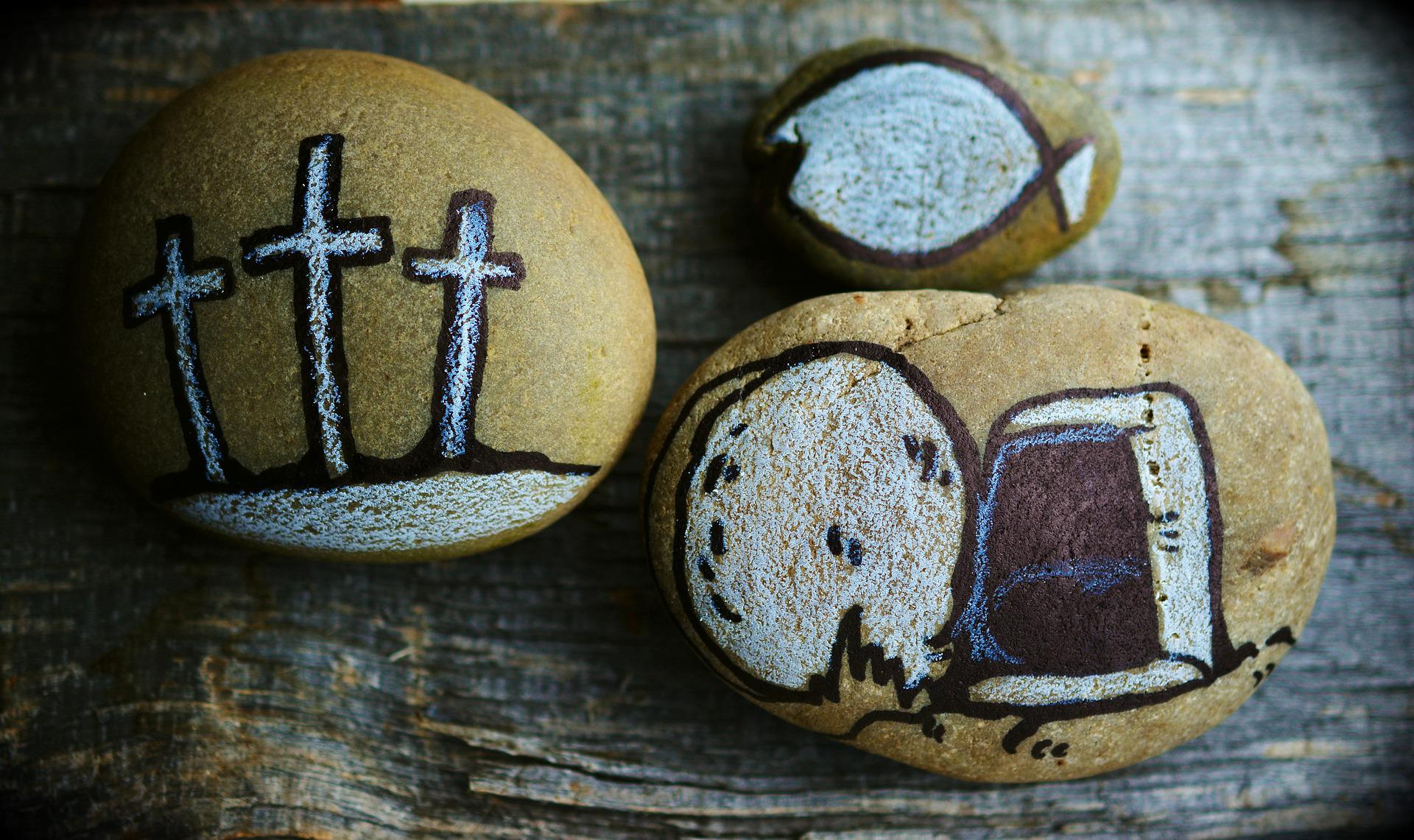When it comes to church, one thing I’ve learned is that “community” is important. In fact, the communal life is necessary. And by “community,” I mean more than a place for shop talk (as important as that is). I mean something along the lines of habitual participation, constant give-and-take, and sacramental union. I mean koinōnia.
That’s why I think there’s something to be said about taking communion weekly and following the Christian calendar. There’s a lot to be gained by submitting one’s life weekly to the timely rhythms of the biblical story — at the heart of which is the life, death, and resurrection of Jesus.
First, consider sacred time. Ours is an era of speed. And haste. We are pulled in so many different directions. We are as fragmented as we are busy. It’s lamentable. But by attuning our lives to the Christian calendar, we remind ourselves that this frantic world isn’t ultimate and that we are not enslaved to its chaotic pace. The modern life is a ritual of rush, a merry-go-round of noisy excess and busyness.
But the Christian calendar offers an alternative ritual, one filled with seasons of feasting and fasting, rhythms of praise and pause. Rituals shapes us. By learning how to fast (at Lent), we say no to worldly passion. By preparing for Christmas (at Advent), we critique commercialism. The calendar, like any good clock, gives our lives framework. It shapes our habits and, hence, creates our lifestyles.
Our Sundays are opportunities for training. They can teach us how to inject rhythms of peace into a hectic week. In short, the Christian Calendar offers us a paradigm for wholeness — a deep shalōm — as we pass our days in wild exile.
Speaking of wholeness, consider the Eucharist. Weekly communion is absolutely beneficial. At the Table, we commune with Christ. He is present there. The Communion is no mere memorial (as someone once said to me, memorials are for dead people). To the contrary, Paul calls this a lively “participation” in, or “communion” with, Christ (koinōnia; 1 Cor 10:16). Our weekly gatherings give us an opportunity to commune with Christ. If Paul is right (and I have no reason to think he’s not), then we’ll need to take the Eucharist often and seriously. It is a means of grace.
The benefits are many. As we participate in Christ, we remind ourselves that we are members of one another; we are the church, not merely individuals. And the church is made up of more than simply those who happen to be alive physically. The body of Christ, after all, is ancient—as is the practice of communion. The Table reminds us, then, of our union with all those who have gone before us. It teaches us to think twice about prioritizing the voices of the living just because they are living (hat tip to Chesteron). The living have no corner on truth. We are Christians precisely because the Fathers and Mothers of ages past were faithful to point us to the Gospel, to Word and Sacrament. Communion continues the ancient ritual of feasting on Christ. And that ritual shapes us, forms us, feeds us.
Tradition is important because it cannot be denied — you are a traditioned person. There are no “lone ranger” Christians, after all. You believe what you believe because your belief was developed (and is being developed) within your particular tradition and community. These traditions and communities taught you how to read Scripture and how to pray. We all have traditions. And that’s okay, provided that we realize it.
The key, I think, is to think deeply about what sort of tradition we align ourselves with. Is it a tradition that promotes awareness of our ancient faith and its practices or is it a tradition that promotes, say, rugged individualism? That’s a good question to consider.
Back to communion. One common fear that people have is that, if we take it too often, it will lose its meaning. And yet, nobody thinks this is true of the weekly sermon or the weekly giving of tithes. Consider too how, in some traditions, it’s quite acceptable to require kids to say the pledge of allegiance every morning at school. This is a ritual. And only the patriotic—those who have been formed and shaped by the practice of pledging allegiance daily—would promote such a ritual for the purpose of making citizens of the state. And that’s the point: rituals shape people. Rituals form and strengthen our loves. If secular rituals are good for the shaping of citizens, then sacred rituals are likewise good for the shaping of Christians. Those who have ears to hear, let them hear.
Last thing. Some versions of Christianity can be absolutely exhausting. Some traditions emphasize “works” to the exclusion of faith. Other traditions emphasize “faith” to the exclusion of works. Depending on the day, we might find ourselves bankrupt of both. The fact is that our faith and works are feeble. We are merely mortals. We are contingent creatures, whose very existence depends on something else—or should I say, someone else. And at some point, we need to realize this. In other words, we are a people who need to be carried. Our religion, our Faith, must carry and nurture and feed us—not the other way around. We need to be molded into rhythms of prayer and praise, feasting and fasting, communion and contemplation. And that’s why we need Time and Table.
